OU News
News from The Open University
- Home
- Category: Science, maths, computing and technology
Category: Science, maths, computing and technology
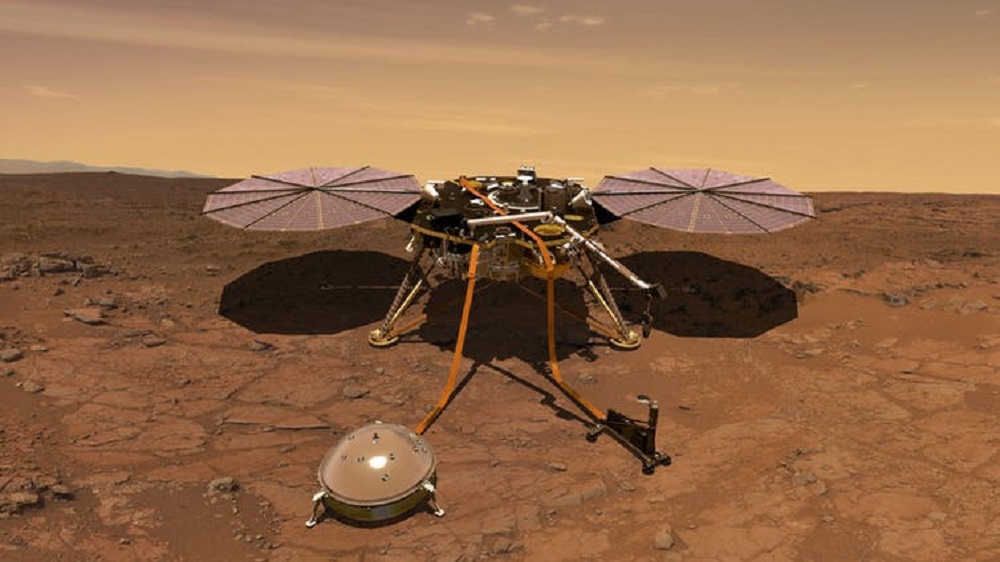
Mars quakes: The InSight lander shows active faults in the planet’s crust
David Rothery, Professor of Planetary Geosciences at The Open University writes for The Conversation about NASA’s Mars Insight probe. Most space missions investigate the surface or atmosphere of a body. But NASA’s InSight probe, which landed on Mars in November 2018, is different – it is the first mission dedicated to studying the interior structure […]
Read more about Mars quakes: The InSight lander shows active faults in the planet’s crust

OU researcher calls for national approach to end rough sleeping in bins
Growing numbers of rough sleepers in the UK have given rise to people taking shelter in bins, which OU research finds is putting their lives in danger. An Open University (OU) environmental researcher is urging waste producers, homelessness services and waste operators to help put a stop to this life-threatening practice. Dr Toni Gladding, Senior […]
Read more about OU researcher calls for national approach to end rough sleeping in bins
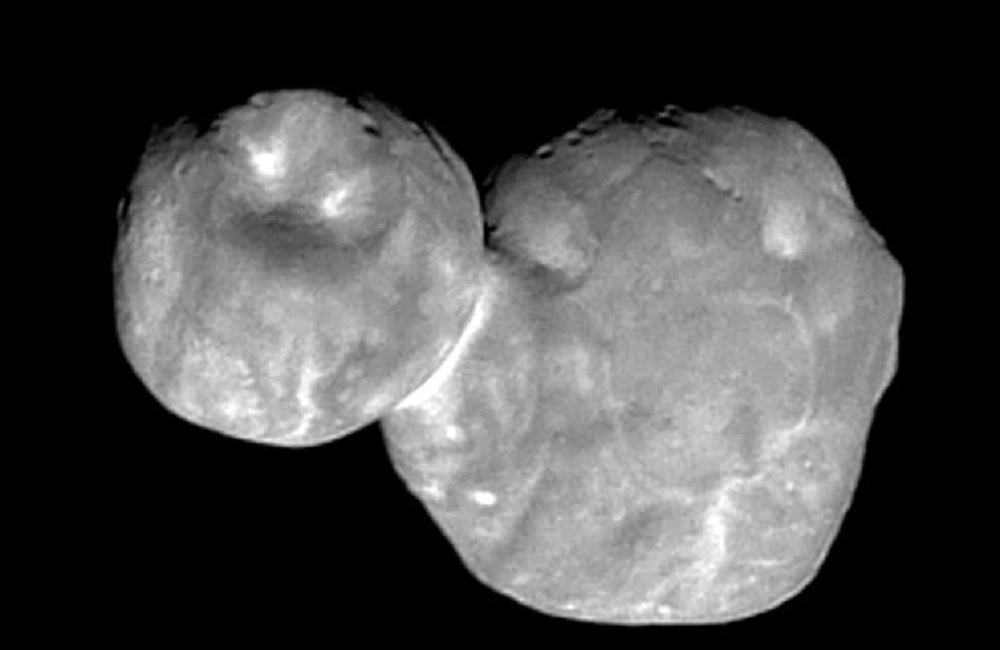
Why the most distant object ever visited looks like a snowman – flyby delivers results
Monica Grady, Professor of Planetary and Space Sciences at The Open University writes for The Conversation about a new series of papers that help us better understand the solar system. Just over a year ago, courtesy of NASA’s New Horizons mission, we were treated to images of 2014MU69, a small object 6.6 billion kilometers from the […]
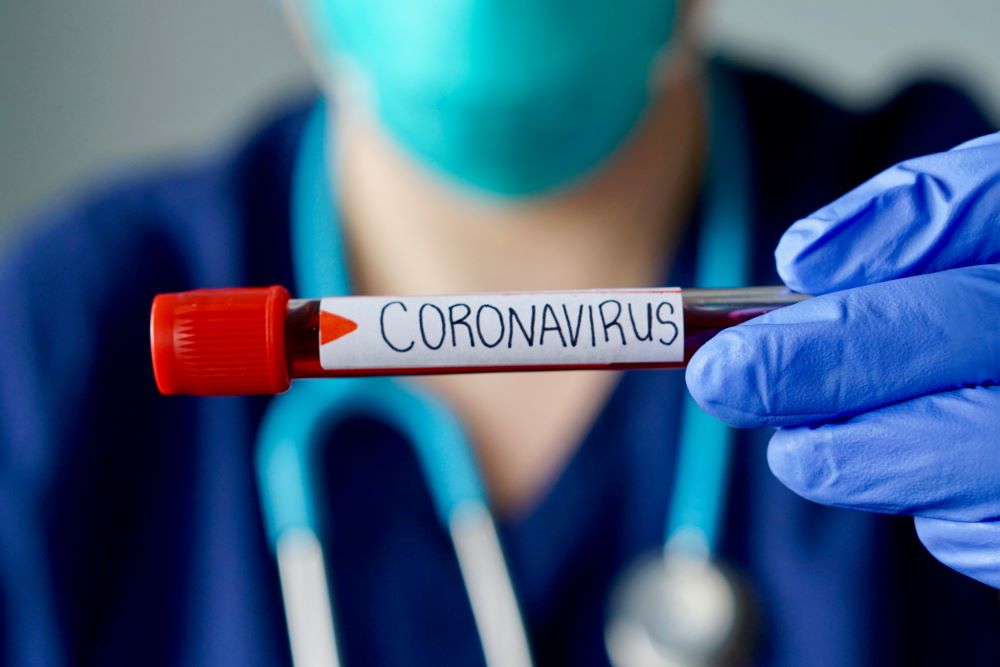
Infection disease expert discusses the coronavirus
Cases of the coronavirus (Covid-19) are growing with more than 47,000 laboratory confirmed cases worldwide, nine of them in the UK to date. But what do we know about the virus and can the UK deal with an outbreak of this kind? Dr Helen Wimalarathna, an infectious disease epidemiologist, discusses the virus, the spread of […]
Read more about Infection disease expert discusses the coronavirus
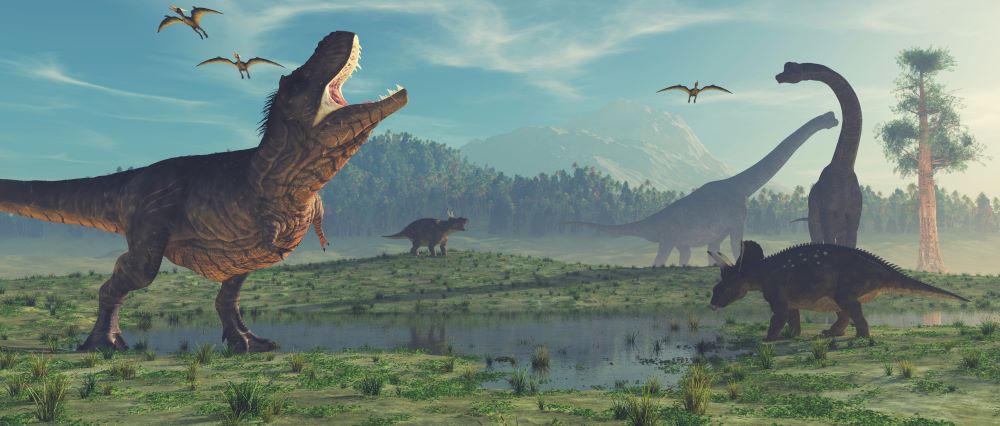
Asteroid was “sole driver” of dinosaur demise
Science experts from around the globe say they have solved the longstanding debate of what really killed the dinosaurs. According to a study, published in Science, conducted by researchers from The Open University, UCL, Yale and the University of Southampton, an asteroid impact caused the mass extinction event that killed the dinosaurs 66 million years […]
Read more about Asteroid was “sole driver” of dinosaur demise

Open University set to train West Midlands residents in next-gen cyber skills
Computer experts from The Open University (OU) will roll out a FREE cyber programme for residents across the West Midlands. The Open University has created a specialist cyber programme to provide industry standard training for residents across the region. Funded by the West Midlands Combined Authority (WMCA) as part of the Beat the Bots Fund, […]
Read more about Open University set to train West Midlands residents in next-gen cyber skills
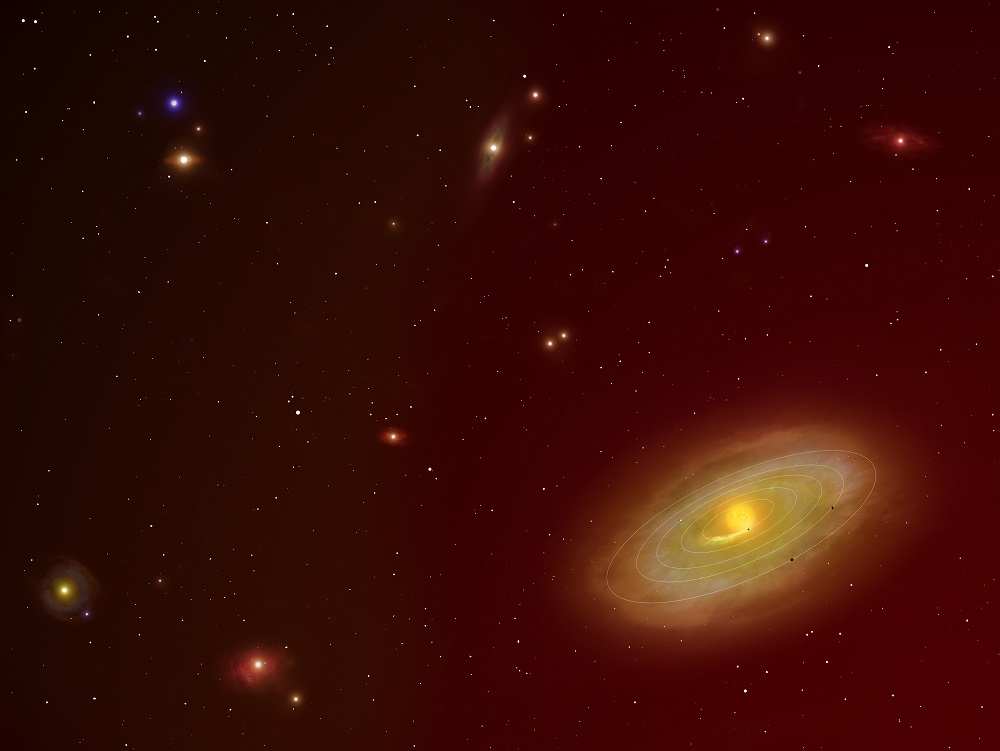
OU researchers make new discoveries set to reveal the geology of planets outside our Solar System
Three OU astronomers today announce ground-breaking discoveries allowing scientists to understand planets outside our Solar System. Professor Carole Haswell, Dr Daniel Staab and Dr John Barnes discovered three, new, nearby planetary systems. Research led by Professor Haswell found the exoplanets – planets outside the Solar System – as part of the Dispersed Matter Planet Project […]
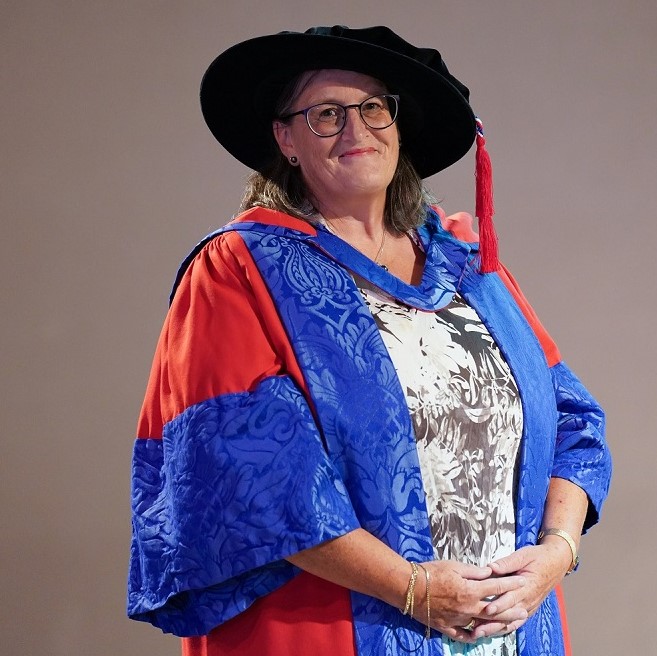
Professor Monica Grady named as Liverpool Hope University’s new Chancellor
Leading space expert Professor Monica Grady is to become Liverpool Hope University’s new Chancellor. Monica Grady is Professor of Planetary and Space Science at The Open University and is known for her work on meteorites. She was awarded a Doctor of Humane Letters honoris causa by Liverpool Hope during the Summer 2019 Graduation celebrations. As […]
Read more about Professor Monica Grady named as Liverpool Hope University’s new Chancellor
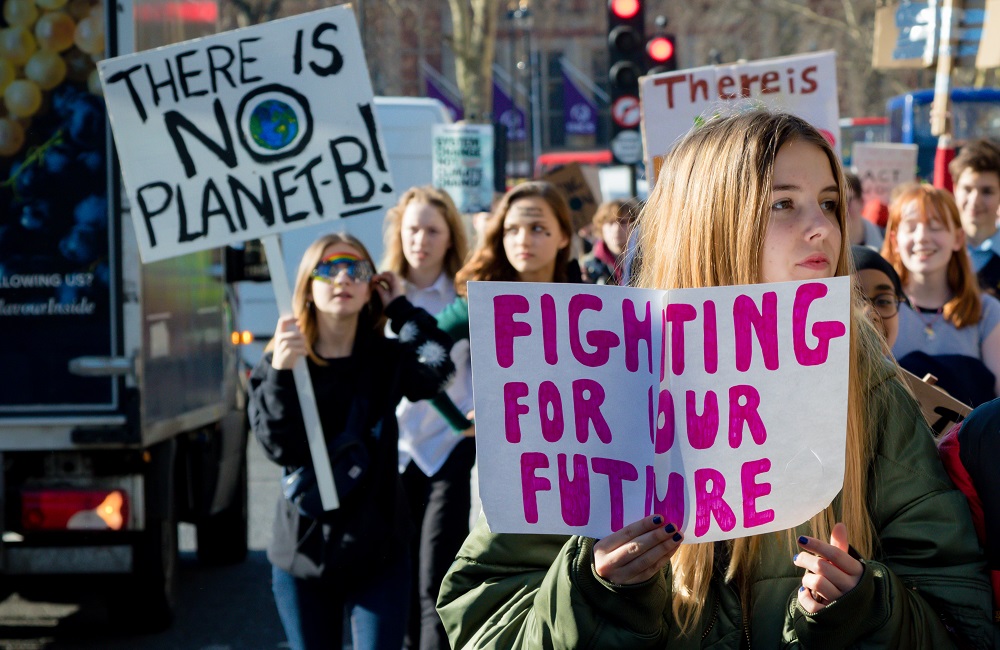
Climate crisis: six steps to making fossil fuels history
Dr Stephen Peake, Senior Lecturer in Environment at The Open University writes for The Conversation about the climate crisis. In shouting “system change not climate change”, young people understand that the 3-4℃ warmer world we’re headed for would be far more painful, costly and disruptive than any short-term costs or inconvenience we face from taking […]
Read more about Climate crisis: six steps to making fossil fuels history
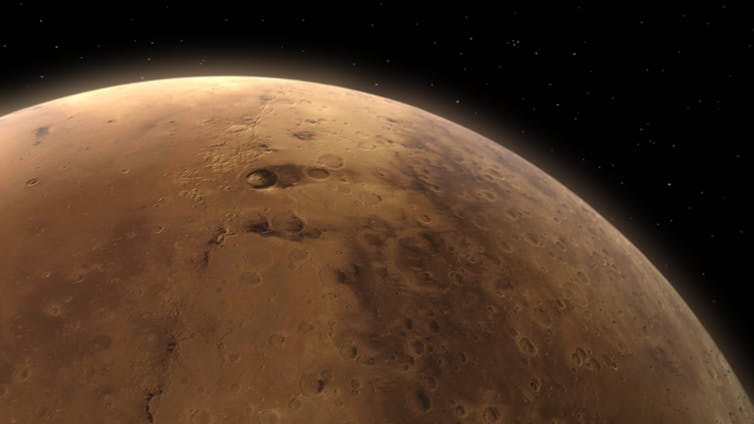
OU team gives go ahead to bring Mars’ moon pieces to Earth
A UK team led by the Open University has given the green light for Mars’ moon material to be transported to Earth as part of a forthcoming mission. The team, led by the OU’s Dr Manish Patel, a renowned expert on Mars exploration, gave the thumbs up for a new Japanese mission to bring pieces […]
Read more about OU team gives go ahead to bring Mars’ moon pieces to Earth
Page 35 of 59